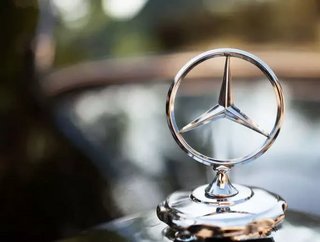Mercedes aims for carbon-neutrality

Mercedes-Benz ramps up its focus on decarbonisation as it strives to achieve its “Ambition2039” sustainable mobility goals.
What is “Ambition2039”?
Under this ambition, Mercedes-Benz aims to achieve a carbon-neutral passenger car fleet in under 20 years. As a result, the company requires complete transparency of all climate-related processes across the entire value chain.
How will Mercedes-Benz achieve net-zero CO2?
Alongside its startup partner Circulor, Mercedes-Benz has begun to conduct pilot projects to achieve CO2 transparency within its cobalt supply chain. The two companies will use a blockchain-based system to map the production flow of materials, CO2 emissions and the amount of recycled materials used in the supply chain. Long term, Mercedes-Benz is striving to build a circular economy and close material cycles.
In addition to increased transparency, the system will also identify whether sustainability requirements, such as working conditions, human rights, environmental protection, safety, business ethics, and compliance are passed on to all involved.
SEE ALSO:
Blockchain technology can offer Mercedes-Benz multiple advantages to document products and contract data. Blockchain links digital data through cryptography and can not be altered unnoticed, balancing information transparency and data security.
"With Ambition2039, Mercedes-Benz Cars has set itself high goals. We can only get there in close cooperation with our suppliers. The key is transparency: It is our aspiration to make all processes transparent and traceable. We are the first manufacturer to use blockchain technology to map CO2 emissions in the global battery cell supply chain. In doing so, we are laying the cornerstone for effective improvements – for the environment and for our businesses,” comments Markus Schäfer, Member of the Board of Management of Daimler AG and Mercedes-Benz AG, responsible for Group Research and Mercedes-Benz Cars Development, Procurement and Supplier Quality.






